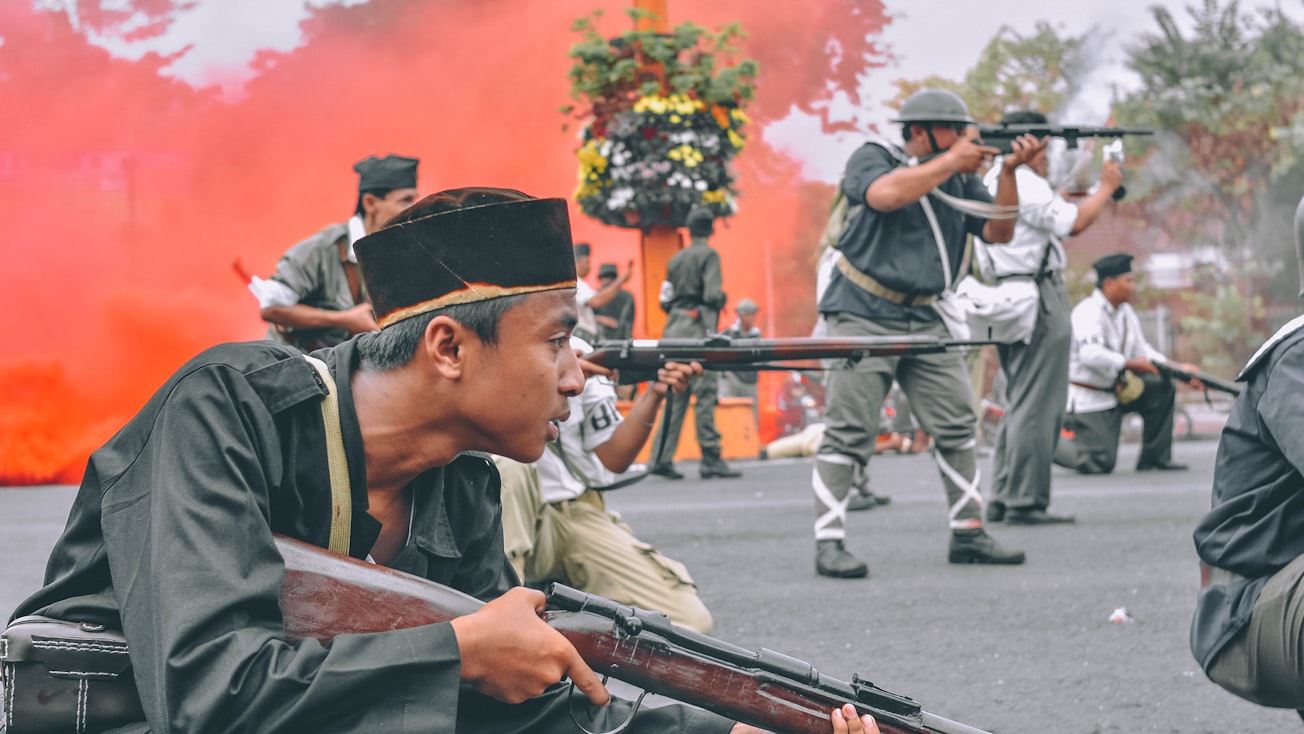What is it about?
Conflicts have significant influence on our lives tthroughout human history. Between the 1st century BCE and the 7th century CE, three ancient kingdoms on the Korean Peninsula, Goguryeo, Baekje and Silla, engaged in repeated conflict among them. We examine if weather shock contribute to the initiation of the conflcits.
Featured Image

Photo by Bimo Luki on Unsplash
Why is it important?
It is well known that extreme weather events such as drought and heavy rainfall have a direct causal effect on conflict. Our research shows that this effect is asymmetric: shocks are far more likely to give rise to opportunistic invasions (where the state experiencing the shock is attacked) than to desperate invasions (where the state experiencing the shock initiates attack). We also find that food shoratge induced by weather shock is connected to initiation of conflict. This reveals who starts a conflict, and how it is triggered by weather shock.
Perspectives
With climate change giving rise to a greater frequency of extreme weather events, our findings have considerable contemporary relevance. This is especially so for labor-intensive conflicts at the sub-national level in recent decades. For instance, drought and water shortages have been linked to ongoing political instability and violence around the world.
Tackseung Jun
Kyung Hee University
Read the Original
This page is a summary of: Extreme weather events and military conflict over seven centuries in ancient Korea, Proceedings of the National Academy of Sciences, March 2021, Proceedings of the National Academy of Sciences,
DOI: 10.1073/pnas.2021976118.
You can read the full text:
Resources
Contributors
The following have contributed to this page










